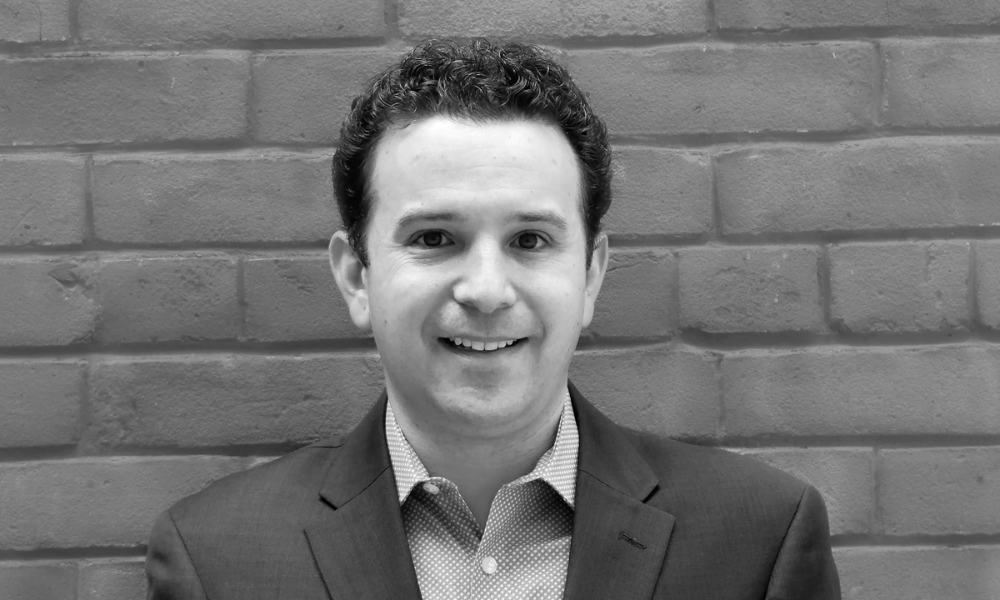
Surreptitious audio recordings in employment contexts and workplace investigations

Canada has no Criminal Code prohibitions on audio recordings where one party to the conversation consents to it being recorded. However, as we sometimes tell our clients, what is legal is not always advisable.
While making surreptitious audio recordings of workplace conversations may not always result in disciplinary consequences - and may even benefit employees in some situations - there are circumstances where such recordings can give an employer after-acquired cause to terminate.
For example, in Shalagin v. Mercer Celgar Limited Partnership, 2022 BCSC 112, an employee terminated on a without-cause basis brought a wrongful dismissal action after the employer only provided the minimum statutory termination entitlements. During the discovery process, the employee was required to disclose that he made hundreds of secret recordings of everything ranging from business meetings to personal conversations with colleagues about their private lives.
These recordings were found to violate various employer policies with respect to confidentiality and ethical conduct. As such, while the employee’s recordings were legal, the BC Supreme Court held legality is not the sole barometer and concluded the audio recordings gave the employer after-acquired cause to terminate. This cost the employee approximately $100,000 in wrongful dismissal damages he would have otherwise been awarded.
However, there are circumstances where courts will permit surreptitious recordings without consequence. For example, in Rooney v. GSL Chevrolet Cadillac, 2022 ABKB 813, an employee started recording conversations with his supervisor in response unilateral changes he objected to and disciplinary actions he viewed as unfair. The employer took the position these recordings ruptured the relationship and gave rise to after-acquired cause to terminate.
While the court held that recording workplace conversations is “rightly viewed as an unethical tactic,” in this case, the employment relationship was already “frayed” by the time the employee started making the secret recordings. Unlike the situation in Shalagin, the employer had no policies prohibiting employees from secretly recording workplace conversations.
As such, the court found the employer did not have after-acquired cause to terminate and awarded the employee approximately $185,000 in constructive dismissal damages.
In other situations, secret recordings can be used in litigation to benefit an employee’s case. For example, in Teljeur v. Aurora Hotel Group, 2023 ONSC 1324, the court considered an employee’s audio recording of a termination meeting demonstrating that the employer encouraged the employee to resign and then made representations regarding a severance offer it did not ultimately provide. The court cited this recording as evidence justifying a $15,000 moral damages award.
Issues surrounding the use of audio recordings are also arising in our firm’s workplace investigations practice. In a recent investigation, a respondent raised concerns about the authenticity of an audio recording where certain admissions against interests were made. With the client’s consent, we retained an independent forensic examiner who verified the recording’s authenticity.
As the above cases and situations demonstrate, considerations surrounding the use of audio recordings in employment contexts or workplace investigations are very fact specific. This makes it difficult to offer blanket guidance about when audio recordings should or should not be permitted or used. However, employees, employers, and workplace investigators can mitigate against the risks of audio recordings by:
Obtaining the other party’s explicit consent if recording a workplace conversation or investigation meeting.
Explicitly advising if you do not consent to a conversation being recorded (i.e. an investigation or termination meeting).
Implementing workplace policies on circumstances where audio recordings will or will not be permitted and outlining disciplinary consequences for any policy violations.
Taking contemporaneous notes or sending contemporaneous emails outlining recollections of workplace conversations.
For workplace investigators, providing a party or witness the opportunity to review meeting notes and make clarifying edits or additions (instead of recording the meeting).
Verifying the authenticity of audio recordings by expert forensic examiners.
Since hundreds of thousands of dollars can be lost or gained by the proper or improper use of audio recordings, it’s always advisable to seek appropriate guidance and counsel before hitting the button to secretly record a workplace conversation.
Jeff Rochwerg is an employment lawyer and workplace investigator at Turnpenney Milne in Toronto.